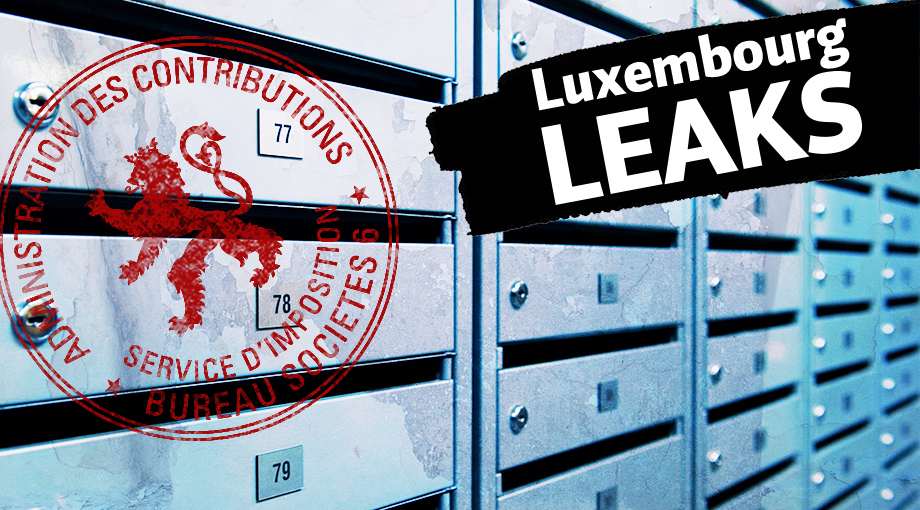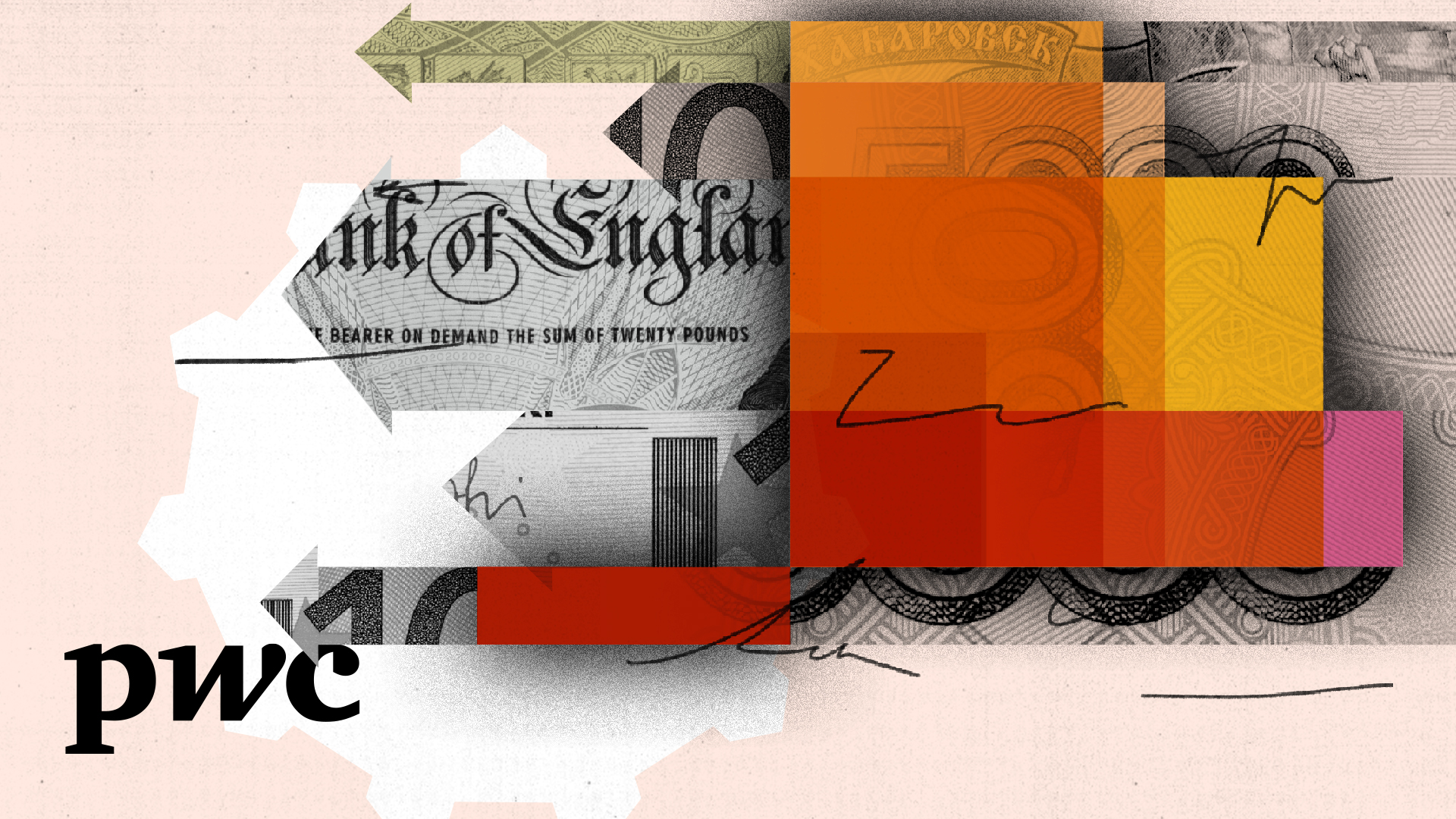The Canadian federal agency that invests civil servants’ pensions set up a complex scheme of European shell companies and exploited loopholes that helped it avoid paying foreign taxes — a move that could undermine Canada’s standing internationally as its allies try to mount a crackdown on corporate tax avoidance, an investigation by the Canadian Broadcasting Corporation has found.
The arrangement involved two dozen entities, half of them based in the financial secrecy haven of Luxembourg, and all of them set up in order to invest money in real estate in Berlin by a Crown corporation called the Public Sector Pension Investment Board.
The blueprint for the tax-avoidance plan was obtained by the International Consortium of Investigative Journalists and shared with CBC News as part of a larger leak of records exposing hundreds of corporate offshore deals set up to capitalize on advantageous tax and secrecy rules in Luxembourg.
Between 2008 and 2013, hundreds of millions of that was held in real estate in Germany, though the leaked records also lead to assets in France, Spain, Norway, the Netherlands, Britain and Belgium, according to the CBC.
The documents — which consist of a tax plan devised for the pension board by global accounting firm PricewaterhouseCoopers — show that the pension fund acquired 69 mixed residential and commercial buildings, totaling nearly 4,500 suites and units, in Berlin in 2008.
CBC News has learned the buildings were acquired for close to $390 million. But as a result of the way the transaction was structured, the pension investment board would have avoided paying $20 million in German taxes.
The purchase exploited a loophole in Germany’s land transfer tax, which is normally levied on any entity that acquires 95 per cent or more of the shares of a real-estate holding company.
The originals v the redactions: CBC requested the same Luxembourg Leaks documents from the Canadian agency, and received heavily blacked-out copies
Instead, the pension board bought a direct 94.4 per cent interest in a number of Luxembourg-based property holding companies, and then obtained an indirect interest by taking a large majority position in entities that held the remaining 5.6 per cent.
The board thus obtained a 96.4 per cent overall stake in the Berlin buildings, but the German loophole meant the indirect holdings weren’t counted toward the real-estate transfer tax — so it didn’t pay any, CBC reported.
PricewaterhouseCoopers’s own experts refer to this kind of set-up as a tax “avoidance scheme,” though the firm said in a statement that it rejects “any suggestion that there is anything improper” about its work.
Pension board vice-president Mark Boutet acknowledged in an email to CBC News on Tuesday that the board’s Berlin investments used the arrangement, but said it was “communicated to the German tax authorities and no issue was raised in that regard.”
Germany closed the loophole last year.




